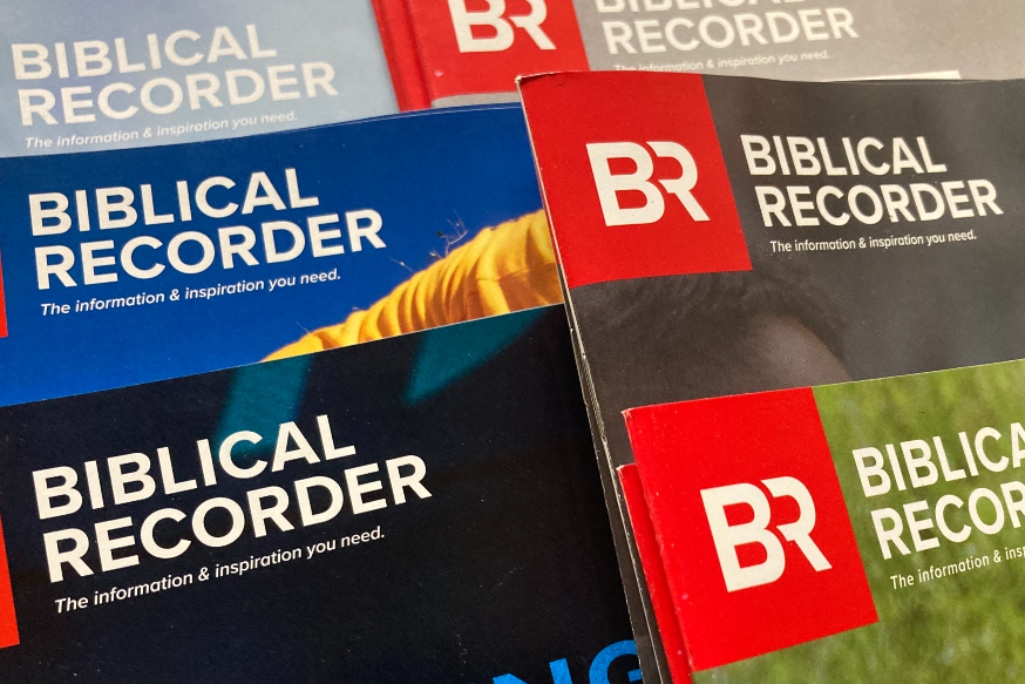Matthew’s gospel records a very important conversation between Jesus and some Pharisees. They began with a question. “‘Tell us, therefore, what do You think? Is it lawful to pay taxes to Caesar, or not?’ But Jesus perceived their wickedness, and said, ‘Why do you test Me, you hypocrites? Show Me the tax money.’ So they brought Him a denarius. And He said to them, ‘Whose image and inscription is this?’ They said to Him, ‘Caesar’s.’ And He said to them, ‘Render therefore to Caesar the things that are Caesar’s, and to God the things that are God’s’” (Matthew 22:17-21, NKJ).
The Pharisees wanted to trap Jesus with words. They were looking for a crack in his theology. It was their perception that Jesus respected the law of the land but did not seem to have a high view of secular government. How could He, if He was a holy man of God and the Roman government was so ungodly?
They put him on the spot with a question. Is it right to pay your taxes to an evil government? In other words, “We are godly people and we cannot support an ungodly government, so should we really be paying taxes?”
It is easy to assume we know what Jesus would do. Instead of honestly and humbly listening to Him, we tend to inject our opinion into His world and make Jesus say what we want Him to say. That’s what the Pharisees tried to do.
In godly wisdom He asked to see one of the government’s coins. Jesus raised this question, “Whose image, seal or logo do you see on the coin?” They gave the obvious answer, “Caesar’s.”
His response to the Pharisees has been quoted and discussed by His followers since that day. “Render therefore to Caesar the things that are Caesar’s, and to God the things that are God’s.” If it belongs to the government, respect what fits in their world and respond accordingly. If it belongs to God, acknowledge that He owns everything and respond accordingly.
Jesus’ response commands personal responsibility in both the arena of secular government and the arena of God’s vast universe. While the Pharisees seemed to be looking for a way to avoid paying taxes, Jesus made it clear that all mankind must accept their responsibility to earthly things which are temporal and heavenly things related to the eternal.
Pharisees are legalists. They find pleasure in nit-picking. They look at every fine point through the lense of the ego. In the end, it is not about the law, but about what fits their rule book. Frankly, their self-designed rule book always paints them into a corner.
Ultimately, legalism kills. It destroys the spirit of the law and the image of the Lawmaker.
Sadly, that spirit of legalism lives through another election cycle in America. I’ve heard a disturbing number of Christians stating they will not vote in the 2012 national elections, or at least they will avoid voting for the office of president. Most say they cannot support the theology of either presidential candidate.
I can’t support their theology either. I can honestly say that I have never fully supported the theology of any president. I doubt I ever will. And, I can say the same about governors, mayors, senators, representatives and judges.
But I will not allow the belief systems of others to excuse me from my responsibility to “Render to Caesar the things that are Caesar’s ….” I am still eternally accountable to God to act responsibly in the arena of earthly government and in the vast sphere of eternity.
I never had the misconception that we are voting for a religious leader for America, my state or my city. We are electing men and women to serve in the public sectors of local, state and national governments.
Since those sectors are neither a theocracy nor the head of a church, we must vote for the people who have the highest standards, those whose experience seems appropriate for the job, those whose worldview is most compatible with the basic Judeo-Christian worldview, and the ones who have the potential for the strongest moral leadership.
As always, I have been studying the positions of the candidates and weighing the values that are most significant, such as their positions on life, freedom and stewardship. I am asking, “Which candidates do I want making the laws of my nation and community?” Ultimately, what is best for the kingdom of God and the glory of God?
I will fulfill my God-given responsibility and cast my vote. If we do not vote, integrity calls for us to remain quiet until the next election. I believe there is no room for complaint or disagreement if I fail to be responsible in the voting process.
I pray that all believers will take our responsibility seriously. I pray that we will be the salt and light necessary for the hour. The days are dark, and the light is desperately needed.


